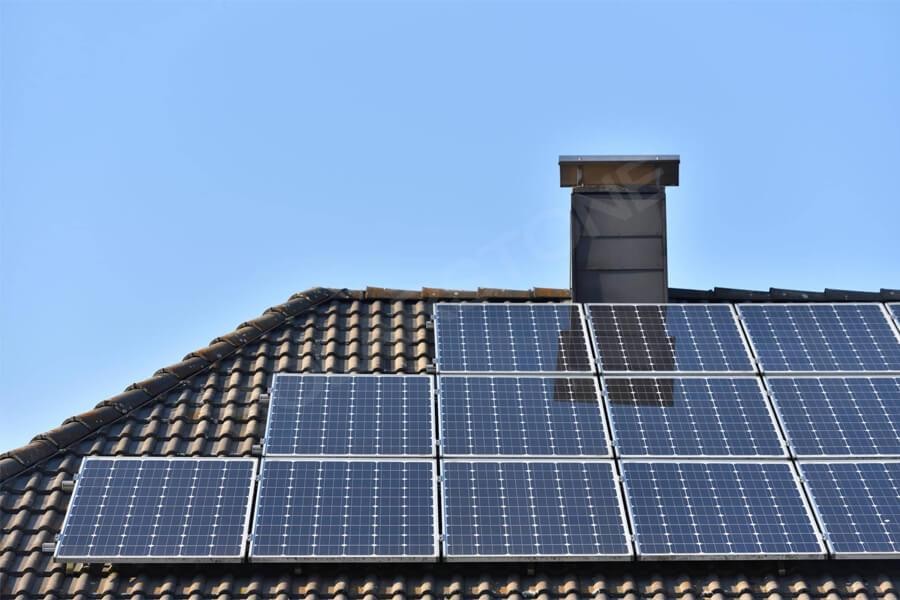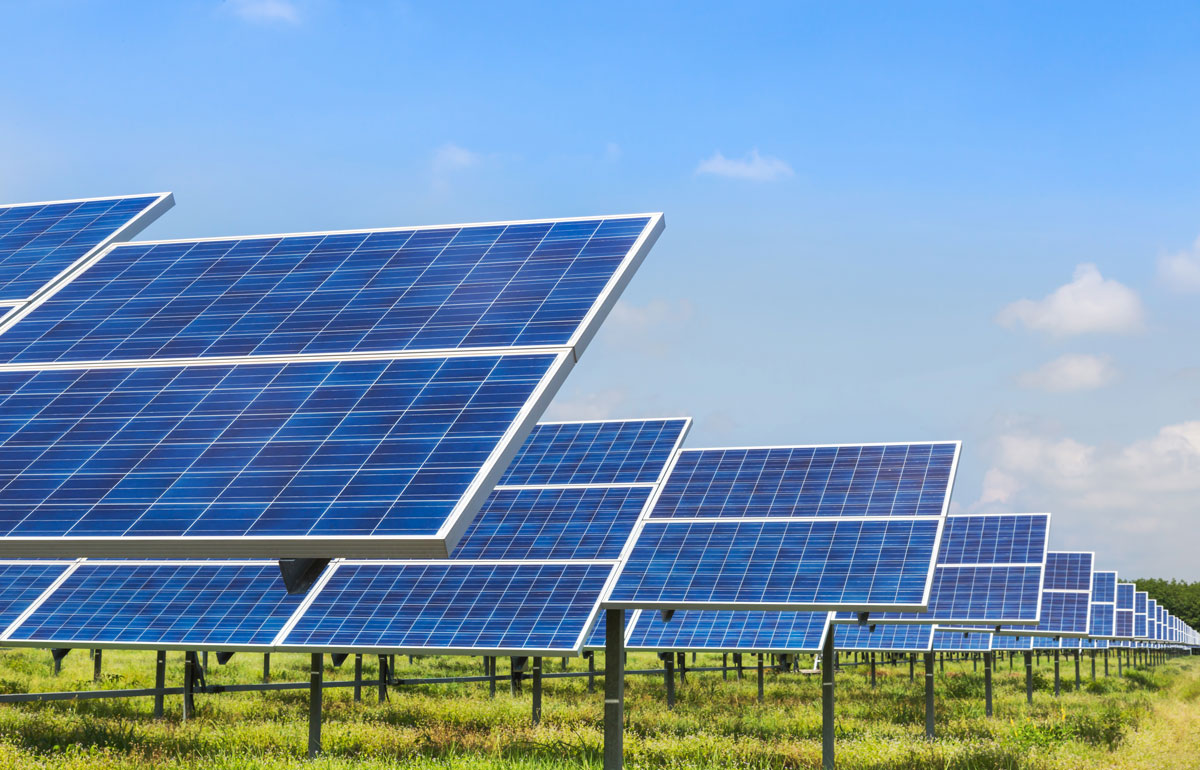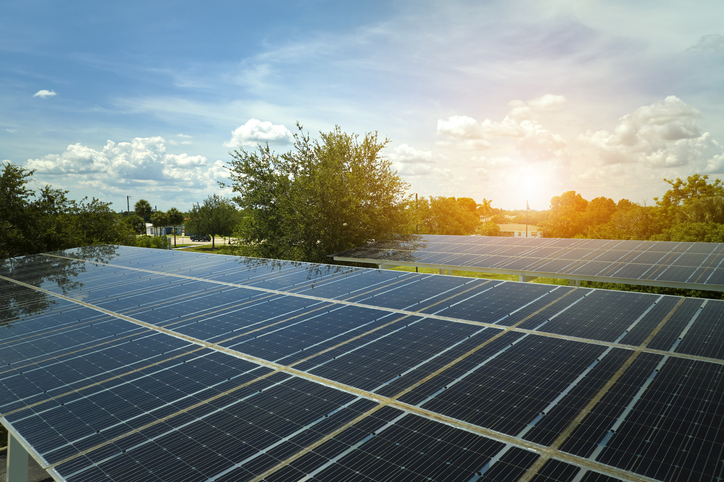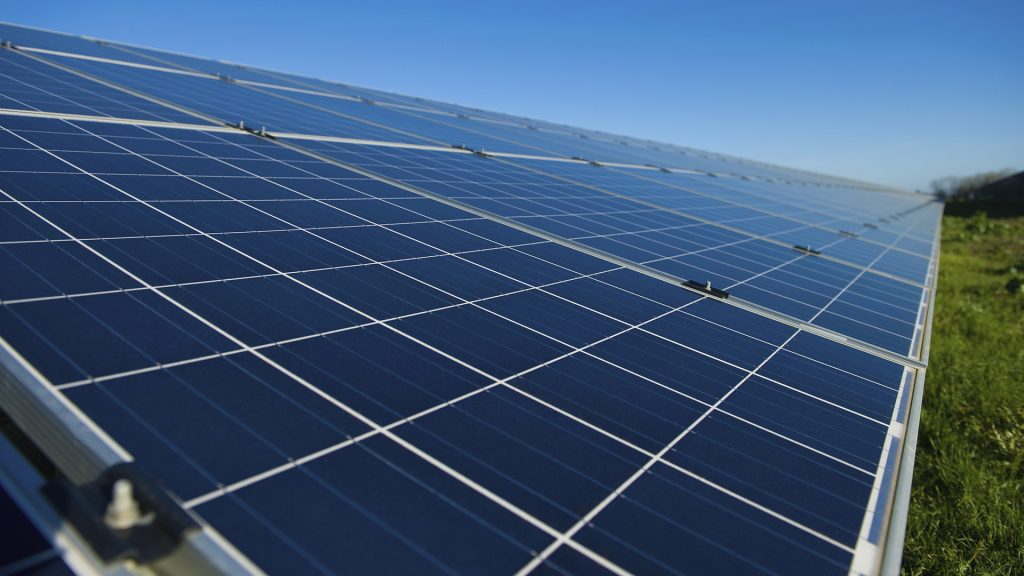Portable solar panels reduce carbon emissions, enhance flexibility in usage, offer long-term cost savings, ensure emergency preparedness, simplify installation, and support remote living efficiently.
Eco-Friendly Energy
Portable solar panels are paragons of clean energy that convert sunlight into usable electricity, while not releasing any pollutants or greenhouse gasses. It is simply one of the measures to lower the carbon footprints around the world and this kind of direct conversion method is quite a big step ahead.Zero-Emission In-Use Impact
Rather than fossil fuels that emit CO2 and other harmful pollutants burning in the combustion process, portable solar panels are zero-emission. This property is critical for global efforts to curb gas emissions and thus slow climate change. The International Energy Agency estimates that solar power could save billions of tonnes of CO2 per year worldwide. Certainly, however, is that with portable solar panels, users are directly helping lower carbon emissions -- an imperative given the increasingly dire alarms being sounded in annual climate change reports.Non-Renewable Energy Dependency
By this you end up reducing the need of the large and harmful non-renewable resources such as coal and natural gas. These panel-mounted solar panels generate solar energy by the kilowatt-hour and displace energy that would otherwise need to come from some other, non-renewable energy generating sources. According to the U.S. Environmental Protection Agency, an average solar panel system can produce as much pollution as prevented by 100 tons of CO2 over its service life, lowing the total pollution to zero over a lifetime, including startup manufacturing and installing.Sustainable Materials and Manufacturing
And the type of materials in manufacturing portable solar cells, are mainly silicon which is found in abundance and are more greener than all the other energies technologies. Companies are now eyeing the production of eco-friendly solar panels, hence focusing more on sustainability to reduce their carbon footprints. Specifically, major solar manufacturers are beginning to recycle during panel construction and have set ambitious targets to cut down water usage, improving the overall sustainability of the technology.Promoting Biodiversity
Unlike solar farms that may require clearing large acreages of land, portable solar panels can be mobilized with little disruption to the natural landscape. One intriguing feature that makes them a natural ally in the conservation of natural habitats and biodiversity. This is especially helpful in fragile ecosystems, sensitive to even small alterations that can have large ecological effects.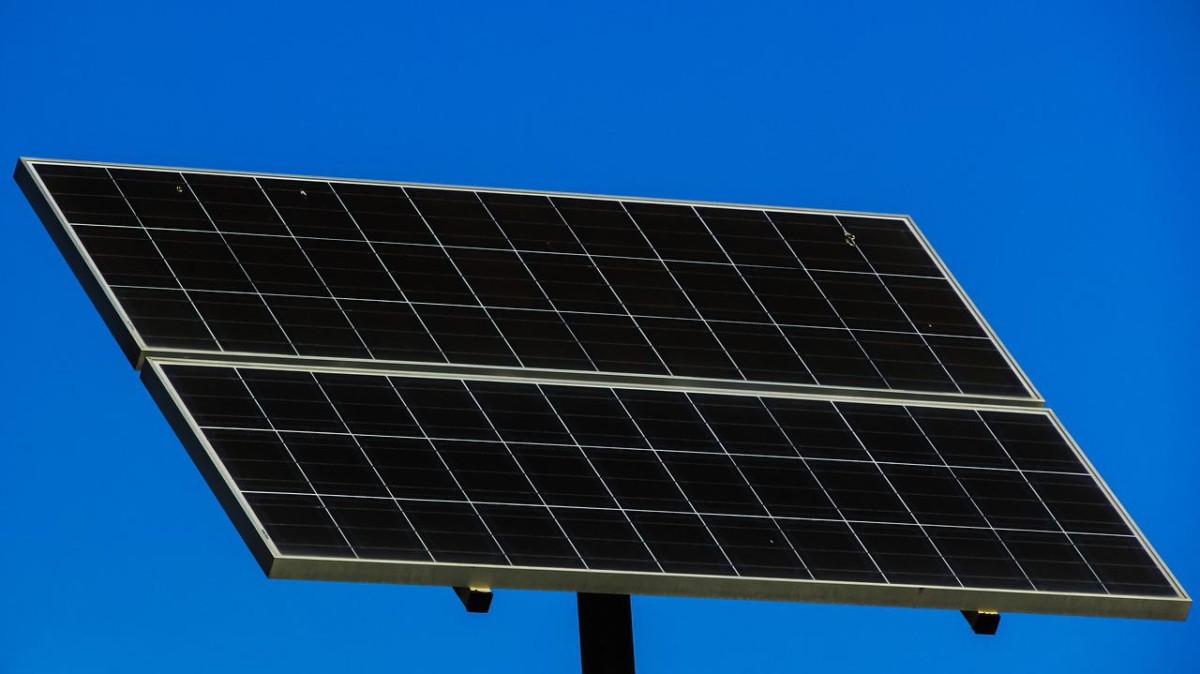
Versatility and Mobility
The flexibility of portable solar panels makes them famous around the world compared to in how this can generate power instead of using a power root wherever you are. They feature light weight & compactness and are taken into consideration for a host of mobile applications.Wide Range of Applications
Portable solar panels: It is for use when you are out on a leisure activity such as camping and hiking and is blasting power for pretty much everything from small lights to your portable fridge. Because of their small size, and ease of deployment, they are a favorite for the outdoors person. For campers, the Renogy 100 Watt Monocrystalline Portable Solar Suitcase weighs only 26.6 pounds and comes with its own easy-to-set-up stand. These solar power systems enable remote work in professional settings that would be far from the reach of traditional energy sources. Conducting a study with the Remote Work Association, 78% respondents that used portable solar technology said they significantly became more productive as a result of having continuous power which only serves as further confirmation on how pivotal a role these panels play in the current work culture.Essential in Emergencies
When disaster strikes, portable solar panels are invaluable for their flexibility and portability. Disaster zones where traditional power infrastructure is compromised they can be almost instantly deployed to provide a power solution. California wildfires 2020 as an example, During this natural disaster portable solar panel were used to meet the needs of powering communication devices for emergency responders. The use of these panels is invaluable in rapidly changing conditions as the can be deployed and relocated quickly as required.Recreational Vehicle Support
Thi makes portable solar panels an ideal option for those who travel in RVs. This way, they produce energy to charge batteries that feed the internal lights, the fridge, coffee maker, and the electronic devices, etc. This way of generating power is more sustainable by making the RV less dependant on exterior sources. Portable solar panels offer a level of freedom that RV enthusiasts in particular love, essentially allowing them to land in a spot and stay as long as they like without having to move around the panels to be in a location they will charge from.Long-Term Cost-Effectiveness
As is, portable solar panels are more affordable in the long term, although they bear in the beginning purchase and install prices. The result is a solution that combines the independence of an energy source withless and more economic operation for a large number of uses which can benefit from a very satisfactory return on investment.Savings on Electricity Bills
Portable solar panels cut directly into our requirements to invest in electricity from utility providers using the help of sunlight. Monthly electricity bills are very high; however one can cut back on those with an average solar panel system. According to a study from the Solar Energy Industries Association (SEIA), the average American family can save 50% to 70% on their energy consumption bill, per year, by using solar power. A Portable solar system can give you an average saving of $200– $400 annually, dependent on your use case or household size, thus over its lifespan life expectancy span exceeding 25 years, these savings can accumulate to a hefty sum!Minimal Maintenance Costs
Very little maintenance is required, one of the biggest benefits of portable solar panels. Solar panels require little maintenance as compared to conventional power generators which need regular fuel to operate, mechanical parts require maintenance and will need replacement over time. With fewer moving parts, there is less risk of breakages or expensive repair. In addition to this, the industry data tells that solar panels are a low cost in the long term and their annual maintenance cost is less than 1% of the system cost.Incentives and Rebates
Not only does the benefits of new solar systems push consumers to consider purchasing them, but many local governments and utilities are also providing rebates and incentives for you to all but completely ignore that initial investment. Those could be tax incentives in the form of breaks, rebates, and grants, which can help pay for a large share of the upfront expense. In the US, for instance, there is the federal solar tax credit, which enables homeowners and businesses to deduct 26% of the costs of installing a solar energy system from their federal taxes, thereby providing for a massive financial incentive for the uptake of solar technology.Increased Property Value
They add value to the property — installing solar panels can increase the value of a property. According to research conducted by the Lawrence Berkeley National Laboratory, home with solar power sell, on average, for about 4.1 percent more than similar homes without solar installations. This spike in a house price can turn out to be a significant economic boost for home-owners considering setting up a portable photovoltaic system.Emergency Preparedness
When traditional utilities fail, portable solar panels give you a dependable alternative power source in any emergency situation. During natural disasters like hurricanes, earthquakes, and long-power blackouts, their ability to work outside of the grid is invaluable.
Backup Power Reliability At Any Time
This is where portable solar panels come in handy as they help keep essential devices running when a disaster strikes and power is cut off. They are critical to keeping the lights on, radios powered and cell phones charged so that you may receive updates and keep in touch with emergency services. A Department of Energy report noted that solar panel owners were able to get their electricity back the fastest after Hurricane Sandy, which showed us how useful solar options could be in emergency situations.
Ease of Deployment and Portability to Move
Portable solar panels are designed to be quick to set up, crucial in emergencies where time is the enemy. When crisis strikes, they can be up in the air in minutes to provide aid at a moment's notice. They are also lightweight and foldable and so can be portable, providing access to information wherever and for as long as internet networks remain connected, or users can move to a safe location.
Assistance to Emergency Medical and Rescue Operations
Portable solar panels are increasingly being used during emergencies by medical and rescue teams as well. For example, they are the primary energy source for medical devices in field hospitals and aid stations whenever the national grid electricity is not available. When the 2010 Haiti earthquake shook the region in devastation, portable solar panels were able to power medical clinics serving the worst affected areas where other power sources had failed and they were vital to saving lives at the time.
A sustainable & resilient future
For areas of unrelenting power outages, portable panels supply a sustainable solar power alternative and stability to communities for years to come. Its use can help mitigate the impact of disasters on the power infrastructure and accelerate recovery times. Communities can improve their response to future emergencies by including solar power in their emergency preparedness planning.
Ease of Use and Setup
They are designed to appeal to the user and make setting up and day to day use easier. Its simplicity is what attracts those who are not as technically-minded or know much about solar technology.
Plug-and-Play Technology
Some newer portable solar panels boast plug-and-play abilities, where the panel comes all assembled and ready to go right out of the box. All users have to do is to extend the panels, put them in the sun and plug these in either a device or a battery. The Jackery SolarSaga series would be one such example, as it includes built-in kickstands and connectors for plug-and-play solar energy and no tools required for setup.
Portable and Small Size Design
Portable solar panels are designed in a way that focuses on physical features so that they can be conveniently placed and carried. Most come with light, one-piece foldable or rollable solar panels which is compact and easy to store and carry and can be set up by just one person. A customer survey conducted by Portable Solar Power found that 95% of users were able to set it up by themselves and that the setup was relatively simple.
Integrated Battery Systems
Moreover, few portable solar panels have the battery system integrated in them which makes them easy to use. Sun is inconvenient, since you can only get solar power during daylight hours, hence the need for storage systems to store the sun's energy so it can be used later on, when it isn't sunny out. The integration also makes it easier for the user, since everything is in a single object (solar panels, batteries and control system). The EcoFlow River series is a good example that offers an all-in-one power solution that consumers can basically start using right out of the box after just some basic charging.
User-Friendly Interfaces
Designed to be user-friendly so those not familiar with solar technology do not have a difficult time using it, many portable solar panels come with great interfaces which shows you important information such as power output, battery levels, and charging status. User-friendly interfaces with touchscreens or basic LED indicators allow users to monitor battery consumption and manage it in straightforward ways. This accessibility begins to demystify solar power, and in turn, sunlight, to result in broad Solar adoption.
